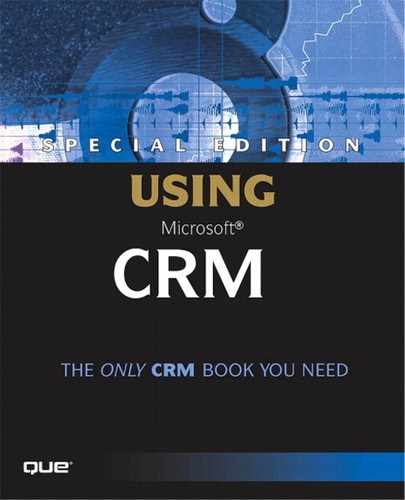Online Communities
Online communities are usually organized around a Web site, facilitating interaction through discussion or chat boards, email mailing list, or Usenet newsgroups. They also often contain aggregates of information, resources, Web links, and library materials covering the subject matter on which the site focuses. Some sites also provide database listings for vendors, publications, and resources for CRM services and information.
To effectively participate in online communities, you need to understand what's expected, how to interact, and what is frowned upon.
Site Rules and Regulations
Most online communities have moderators and/or list managers who administer the technical aspects of participant interactions. When you join a community, the moderator usually provides rules for participation, either on the Web site, or by sending an email.
Remember that the only way people know you online is through your written words. They can't see or hear you, so the usual cues of body language and tone are absent. In most online communities the only thing that participants know about one another is what they read in community messages. So it helps to think about what kind of personality you want to present through your words.
Practice Safe Interactions
The Internet can seem like a private and harmless place because our interactions over the Internet tend to occur in the safety of our homes and places of business. But it's actually a very public place, which people from all walks of life and all corners of the globe can access.
Don't assume that because you're honest and have good intentions everyone you come into contact with online is the same way.
Anonymity Is Not Automatic
Just because it feels anonymous doesn't mean it is. You can't assume that no one knows who you are, or even where you live. Based on your email address alone, it's not hard for someone to find out your name, address, and phone number. If you want, you can participate in a mailing list without using your regular address, by getting a Hotmail or Excite Mail account and send your messages from there. Web-based message boards don't usually gather much information about you, but be careful about the data you supply when you register (for sites that require registration).
Messages Have a Way of Migrating
When you write an email for one intended audience, don't assume that it won't be passed on to other, unexpected ones. The Internet makes it easy to pass information around, and you should write with the assumption that what you submit could eventually be seen by your boss, your spouse, or community leaders. Many mailing lists maintain archives where your words could last for a very long time, and many sites have you agree to allow the publication of your words (at their discretion) during the sign-up process.
Don't Believe Everything You Hear
Some people are honest in their interactions over the Internet, some are selectively so, and others are habitually dishonest when online. The safest course of action is not to take claims at face value. Whether the writer is claiming to be an attractive blonde 21-year-old female (read balding, lonely 52-year-old man), or a senior manager in some large corporation (maybe he's a junior staffer with little or no authority whatsoever).
Don't Give Away Personal Information
It can be easy to give away more than you should when dealing with others online. The rule of thumb is to operate on a “need to know” basis, not giving any more information than is needed for a particular transaction. Always know the person you're giving any information to, and always question the source of emails that specifically request personal information.
If anyone asks for your password, whether by email, phone, or other means, don't reply and don't provide it.
Report Problems
If you receive threatening, inappropriate, or scary emails, the first thing to do is report them to the community administrator. You can also report problem emails to the ISP of the sender if you know his email address. (Be aware that many spam emails have their addresses masked and look as though they're coming from someone else's address—possibly even yours. You might not be able to determine the sender's address, but you can still forward the email to the address postmaster@domain or abuse@domain with the same domain as the sending email address).
